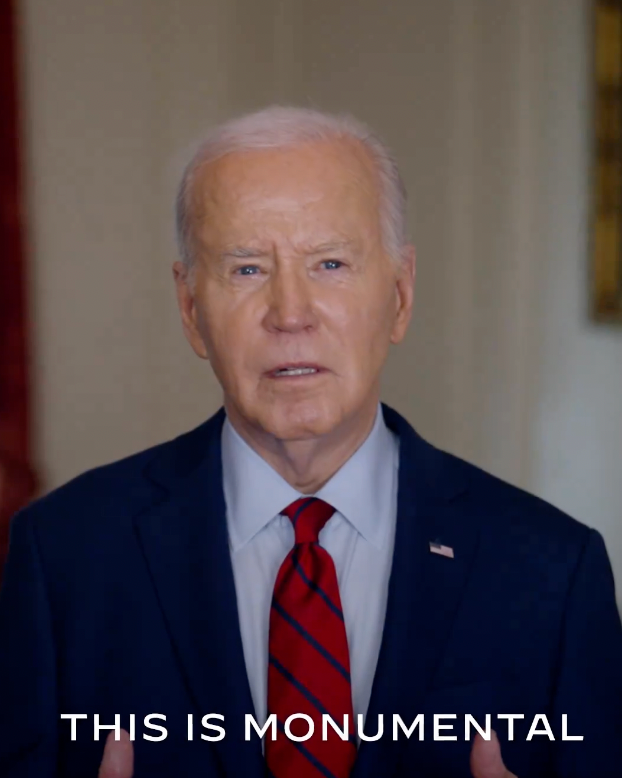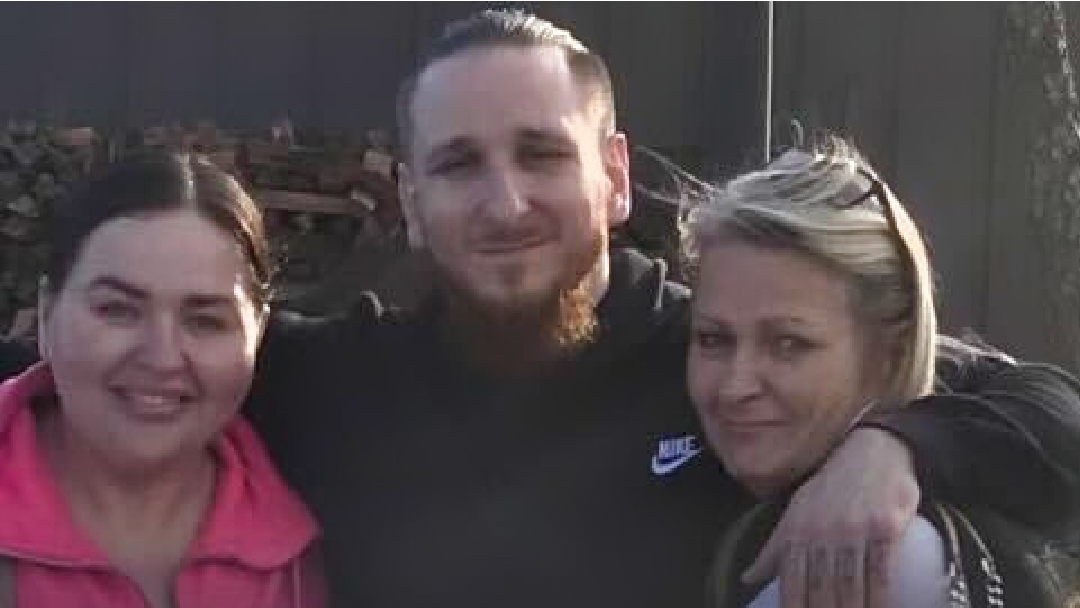Oklahoma Marijuana Ballot Initiative Shows Importance Of Criminal Justice Reform In Legalization Efforts (Op-Ed)
On March 7th, Oklahoma residents will only have one question to answer. Do they support adult-use cannabis legalization? If Oklahomans pass State Question 820, they will follow the national trend toward legalization and become the 22nd state to have ended cannabis prohibition.
Of the 29 states where adult-use cannabis is still illegal, ten of them have introduced legislation to legalize it this year. While most of these proposals are unlikely to be successful in 2023, the trend is still clear: the national perception of the criminalization of cannabis has shifted. A majority of Americans now support cannabis legalization, signifying that it’s time to end the draconian “War on Drugs.”
However, simply repealing the prohibition of cannabis doesn’t end the War. Millions of individuals across the U.S. still bear the lifelong burden of having a cannabis record, and tens of thousands are actively serving sentences for cannabis-related convictions, including in legalized states. To adequately address the past harms of cannabis criminalization, legalization must provide retroactive relief through state-initiated record clearance and resentencing.
Record clearance (often referred to as expungement) is an evidence-based policy key to redressing the lasting harm caused by cannabis criminal records, which can limit an individual’s access to employment, housing, financial stability, and other opportunities. Record clearance encourages successful reentry for individuals with past cannabis records and is a critical piece of legalizing with accountability to the unjust origins of prohibition.
Resentencing is another essential form of relief for individuals serving cannabis sentences from the “War on Drugs” era. This policy requires courts to reconsider cannabis-related sentences for individuals whose continued incarceration or supervision is no longer in the interest of justice in light of legalization.
It is imperative that both forms of relief – record clearance and resentencing – are state-initiated processes. To truly legalize with integrity and provide meaningful access to the relief mechanisms, the government must be in charge of the process rather than placing an undue burden on the impacted individuals to request relief. When a government acknowledges its mistake in upholding prohibition, it must also take on the responsibility of making things right.
Excitedly, Oklahoma’s State Question 820 includes provisions for both petitioner-initiated resentencing and record clearance. In doing so, Oklahoma joins a growing number of states that are centering criminal justice provisions in their efforts to legalize cannabis.
What makes Oklahoma’s inclusion of these provisions particularly meaningful is its traditionally conservative landscape. Oklahoma’s Republican-led government is not known for adopting legislation generally considered progressive, so the public’s effort to prioritize retroactive relief in their legalization initiative shows the national and increasingly bipartisan trend toward these policies. In fact, Oklahoma's cannabis justice effort comes before other historically blue states have passed retroactive relief, like Delaware, which is still yet to legalize. If Oklahoma succeeds, it will serve as a bellwether for other more conservative states that have not legalized cannabis.
All seven successful legalization bills of 2021 and 2022 included record clearance provisions. This evidence shows the growing trend of favoring the inclusion of criminal justice policies. In fact, of the 21 legalization states, 19 have enacted cannabis-specific record clearance – all but Maine and Alaska. The process is state-initiated in 12 of these states. Yet, resentencing still lags behind, with many states failing to include it in their legalization bills. Only nine legal states have included cannabis-specific resentencing, and more importantly, only two have made that process state-initiated.
We are hopeful that Oklahoma’s inclusion of this imperative policy foreshadows national trends, suggesting that resentencing is finally assuming a rightful place at the forefront of legalization.
Oklahoma’s vote comes after five other states contemplated cannabis legalization through ballot initiatives in November. These initiatives produced split results. Maryland and Missouri adopted legalization, while Arkansas, North Dakota, and South Dakota voted against it. Both Maryland and Missouri included state-initiated record clearance and resentencing (though only petitioner-initiated, rather than the state-initiated gold standard).
While polls are split on whether Oklahoma’s initiative will pass, local activists are encouraging voters to consider the revenue opportunity of a legal market. The state’s projected tax revenue from medical and recreational marijuana sales from 2024-2028 comes out to $821 million. However, LPP believes that the driving force behind legalization should not be its revenue potential but rather the redressing of harms from prohibitionist policies.
We are thrilled that Oklahoma is taking the proper steps to legalize with integrity by including mechanisms for record clearance and resentencing. The inclusion of these policies is a testament to their appeal across party lines and other divides: it’s simply the right thing to do. There will still be more work to do if Oklahoma is successful. We encourage the legislature to consider broader and state-initiated processes for record clearance and resentencing to provide more comprehensive relief. It is promising to the cannabis reform movement to see criminal justice priorities included in such a pivotal state campaign, and we are hopeful for SQ 820’s passage next month.
Gracie Johnson is the State Policy Director at the Last Prisoner Project. Frances Trousdale is a Policy Associate at the Last Prisoner Project.
You can also read this op-ed in Marijuana Moment.



The Last Prisoner Project. All rights reserved.
Last Prisoner Project is a 501(c)(3) tax-exempt organization with EIN 83-4502829. Mailing address: 1312 17th St #640 Denver, CO 80202. Our governing documents and conflicts of interest policy can be found here. Our Privacy Policy can be found here.
Website built on KUSHY



